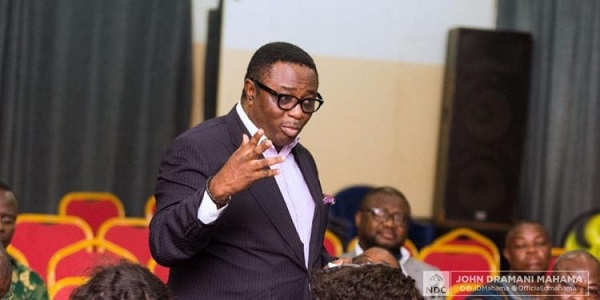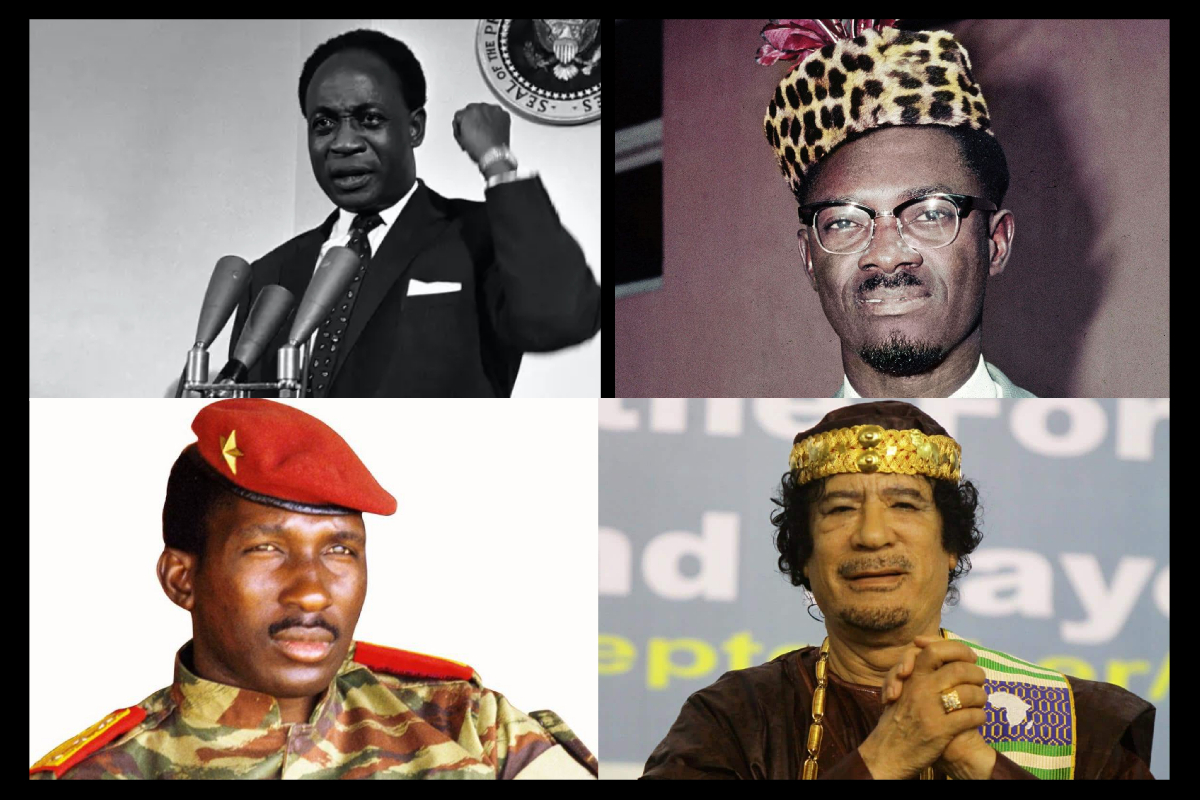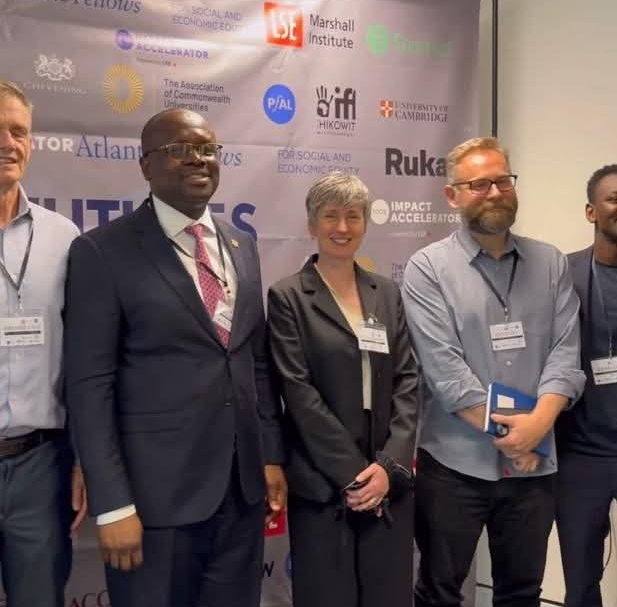UN honours peacekeepers' service, sacrifice
The United Nations on Thursday honoured staff serving at its field missions through several events to mark the International Day of UN Peacekeepers.
The International Day of UN Peacekeepers, held annually on May 29, is an international day to pay tribute to all the men and women who have served and continue to serve in United Nations peacekeeping operations for their high level of professionalism, dedication, and courage.
Also, to honour the memory of those who have lost their lives in the cause of peace
The first UN peacekeeping operation was established in 1948 and today more than 68,000 civilian, military, and police personnel are posted at 11 missions in Africa, Asia, Europe and the Middle East as well as at Headquarters in New York.
The Day pays tribute to their unwavering service and sacrifice while honouring the more than 4,400 blue helmets who have died in the line of duty over the decades- 57 in 2024 alone.
UN Secretary General Antonio Guterres, in his message, said that “peacekeepers face increasingly complex situations in an increasingly complex world.”
He highlighted growing polarisation and division across the globe, threats such as terrorism and deadly misinformation targeting peacekeepers, as well as challenges that transcend borders, ranging from climate change to transnational crime.
“Now more than ever, the world needs the United Nations – and the United Nations needs peacekeeping that is fully equipped for today’s realities and tomorrow’s challenges,” he said.
The secretary-general stressed that “it is essential that peacekeepers have what they need to do their jobs” and “this is the shared responsibility of the United Nations and Member States.”
The commemoration at Headquarters included a wreath-laying ceremony as well as the presentation of awards to two outstanding women peacekeepers whose work helps to advance gender equality in the field.
Meanwhile, peacekeepers have been sharing what it means to serve under the UN flag.
“It’s a very rewarding job because you really do have a lot of contact with the civilian population and their concerns, their culture, their needs,” said Lieutenant Colonel Agustín García from Spain, deployed at the UN Interim Force in Lebanon.
The mission was established in 1978 to confirm Israel’s withdrawal from Lebanon, and the mandate was most recently defined in a 2006 Security Council resolution, which called for a full cessation of hostilities between Hezbollah and Israel following their 34-day war on Lebanese territory that year.
Inspite of the conflict between the sides in 2024, UNIFIL remains on the ground, supporting the Lebanese Armed Forces in its efforts to restore government authority in the south and providing vital assistance to local communities, including security, humanitarian aid and reconstruction of schools and hospitals.
Peacekeepers have served in challenging conditions ever since military observers were first dispatched nearly 80 years ago to monitor the armistice agreement between Israel and neighbouring countries.
“Most of our missions have deteriorated political and security environments,” the head of UN Peacekeeping, Jean-Pierre Lacroix, told journalists in New York.
He listed UNIFIL, the stabilization mission in the Democratic Republic of the Congo, MONUSCO, and the observer force in the Golan as examples.
Peacekeepers everywhere “are making a critical difference on the ground in spite of all these challenges,” he said.
“I want to insist that by preserving ceasefires, by preventing the resumption of violence in those environments, by protecting every single day hundreds of thousands of civilians, our peacekeepers are really making a huge difference in the field.”
For Lacroix, the annual commemoration on May 29 is also a reminder of how peacekeeping is “a very vital international partnership,” and this was on full display during a recent high-level summit held in Berlin, Germany.
More than 130 delegations attended the UN Peacekeeping Ministerial, which ended with many pledges of support, including in areas such as personnel, specialised training and investments in emerging technologies.
“The main takeaway from the Berlin meeting was that peacekeeping remains very strongly supported by Member States,” he said.
“We take it as an encouragement for all the efforts that we’re making, and that we continue to make, to make sure that we remain fit for the future and nimble and adaptable, and also cost-effective.”
At the wreath-ceremony, peacekeepers gathered in the lobby of UN Headquarters alongside Secretary-General Guterres to remember their fallen colleagues.
Dressed in national uniforms, topped by blue UN berets, they stood in silence and saluted as “Taps” rang out.
The 57 peacekeepers who paid the ultimate price last year, as well as another who lost his life in 1973, were posthumously awarded the Dag Hammarskjold Medal during another ceremony in the Economic and Social Council (ECOSOC) Chamber.
The award is named after the UN’s first Secretary-General, who died in 1961 in a plane crash in what is now Zambia.
The mood shifted from solemn to celebratory as two women peacekeepers serving in the disputed Abyei region between Sudan and South Sudan were presented with top UN military and police awards.
Squadron Leader Sharon Mwinsote Syme of Ghana received the 2024 UN Military Gender Advocate Award while Chief Superintendent Zainab Mbalu Gbla of Sierra Leone was named the Woman Police Officer of the Year.
NAN









